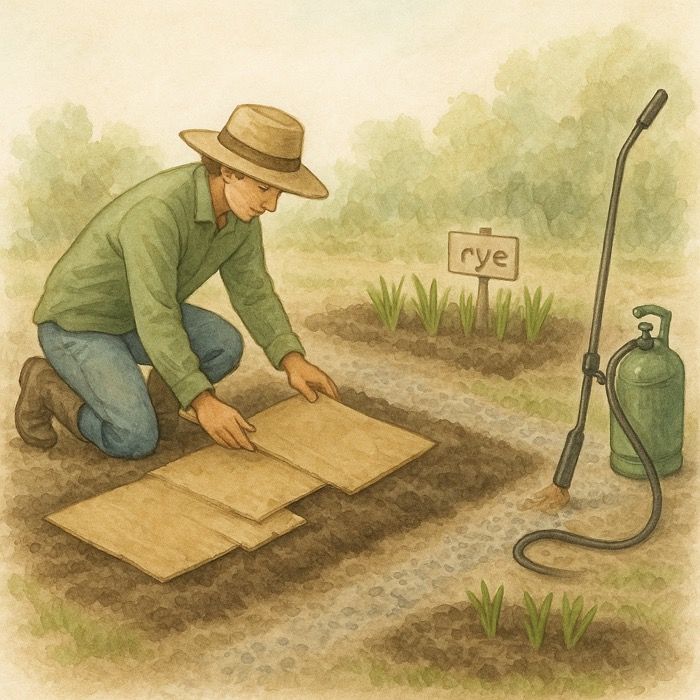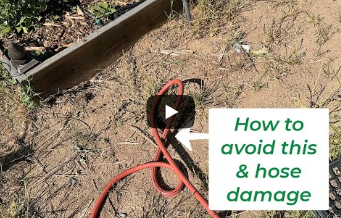Six Natural Methods for Pest Control in Your Garden
Organic Pest Control Guide
The fight against garden pests can often seem like a never-ending battle. However, achieving a pest-free garden doesn’t have to involve harmful chemicals or drastic measures. Embrace the power of natural pest control with these six environmentally-friendly strategies that protect your garden while preserving its natural ecosystem.
Understanding Companion Planting
The first step in natural pest control is companion planting. This method leverages the beneficial relationships between different plant species. Some plants naturally deter certain pests, so placing these plants next to those vulnerable to those pests can help protect them. For instance, marigolds are known to deter a variety of insects and are a gardener’s best friend.
Biological Control Strategies
Biological control strategies involve using the pests’ natural enemies to keep their populations in check. This can include insects, birds, and other animals. For example, ladybugs and spiders are predators of many garden pests, while birds often feed on slugs and snails. Encourage these natural predators to live in your garden as a biological control method.
Natural Homemade Sprays
There are numerous recipes for homemade sprays that deter pests, using natural ingredients like garlic, chili, and vinegar. Not only are these sprays effective, but they’re also a cost-effective solution and completely safe for your plants and local wildlife.
The Role of Diatomaceous Earth
Diatomaceous earth is a non-toxic powder made from crushed fossilized marine life. It’s a highly effective natural pest control that works by causing insects to dehydrate. Simply sprinkle it around the base of your plants to deter pests.
Healthy Soil for Natural Defense
Healthy soil promotes strong, vigorous plants that are naturally more resistant to pests. Composting, mulching, and crop rotation are all methods that can enhance the health of your soil, boosting the natural defenses of your plants.
Proper Watering and Pruning
Overwatering and improper pruning can make your plants more susceptible to pests. By learning the proper watering and pruning techniques for each plant species in your garden, you can maintain healthier plants that are more resilient against pests.
Conclusion
Natural pest control methods offer an eco-friendly way to keep your garden healthy and beautiful. By understanding the environment and using resources wisely, you can create a balanced garden ecosystem that naturally deters pests. With these six methods, you’re well on your way to a more sustainable, harmonious, and pest-free garden.
More From Our Master Gardener
Recent Posts

❄️ Snow as Fertilizer – The Truth About “Poor Man’s Nitrogen”

5 Unexpected Winter Weed Control Strategies (That Don’t Involve Mulch)

Harnessing Winter Sun – Passive Solar Tricks for Your Garden

How to Grow Spinach – The Ultimate Beginner’s Guide for Tender, Nutritious Leaves

How to Grow Peas: The Ultimate Beginner’s Guide for Sweet, Crisp Harvests














